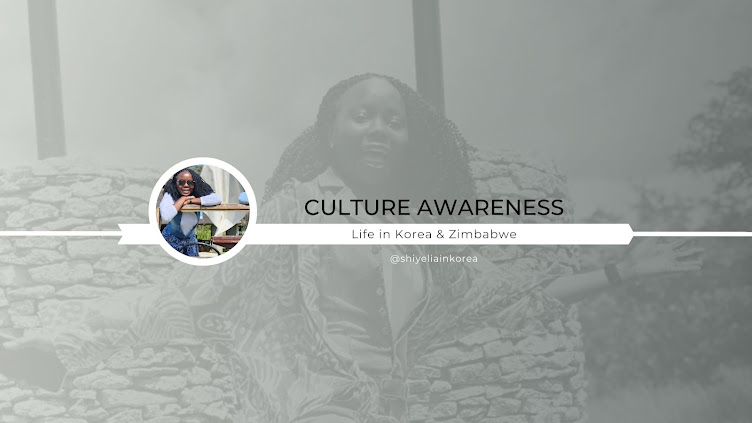Most people want to know if there are any good scholarships offered in South Korea so for clarification I will do {Q} and {A} blog.
Q: Are there GOOD scholarships in Korea?
A: yes, there are many scholarships offered in South Korea. The good scholarships are fully funded type of scholarships. One good example is the Korean government scholarship. This is the best since it's fully funded with a two way air-ticket from/to student's country of residence and a health insurance too. If you get the government scholarship, you pay nothing. However, the Korean Government Scholarship (KGSP) has ONE requirement: passing Korean Language Proficiency Test (TOPIK level 3 or 4, you will get all information from the time of applying).
Q: Where to get the forms?
A: South Korean Embassy in your country. (Information also available on Korean Government Scholarship websites)
Q: Do you need to pay any processing fees etc.?
A: I may only say yes on your side to process your passports and get your certifications ready for submission. (I do not know exactly but once you start applying for the scholarship you communicate directly with the coordinators in charge of those scholarships.)
Q: Does knowing Korean help in any way?
A: I think yes, you may have a better chance to respond to the applications with confidence since you already have interest in Korea by knowing the language.
If lucky then it means your days in language school or in Korean (if you get the scholarship) will be smoother than someone who learns the alphabet or characters from scratch in class.
Enough said about Korean Government Scholarship; yearly they enroll, breakdown of finances, figures and statistics available on the website. No need to think of saving money to cover expenses!!!
Q: Other examples of scholarships sponsored by the Korean government are:
Types of government scholarships:
Q: is there age limit? Other restrictions?
A: AGE LIMIT, is the main cut off point for the KGSP scholarship.
Pregnancy test and other health check ups also mandatory during application period.
The KOICA and MURD scholarships are for sponsoring government workers in selected countries, so the age limit is not really important.
In conclusion:
Q: How many people do they select?
A: They only select a few, in some cases one person per country or two people it all depends on their selection criteria.
This means, chances are slim to get it but it's worth trying!
Q: Other important tips?
A: Please prepare your documents and submit before the deadline.
AVOID mistakes!!!
Imagine thousands of people applying for the same scholarship and use that to motivate you to meticulously prepare your applications!
BEST WISHES if you are planning to apply for these scholarships. Please comment or share this info to motivate others.






